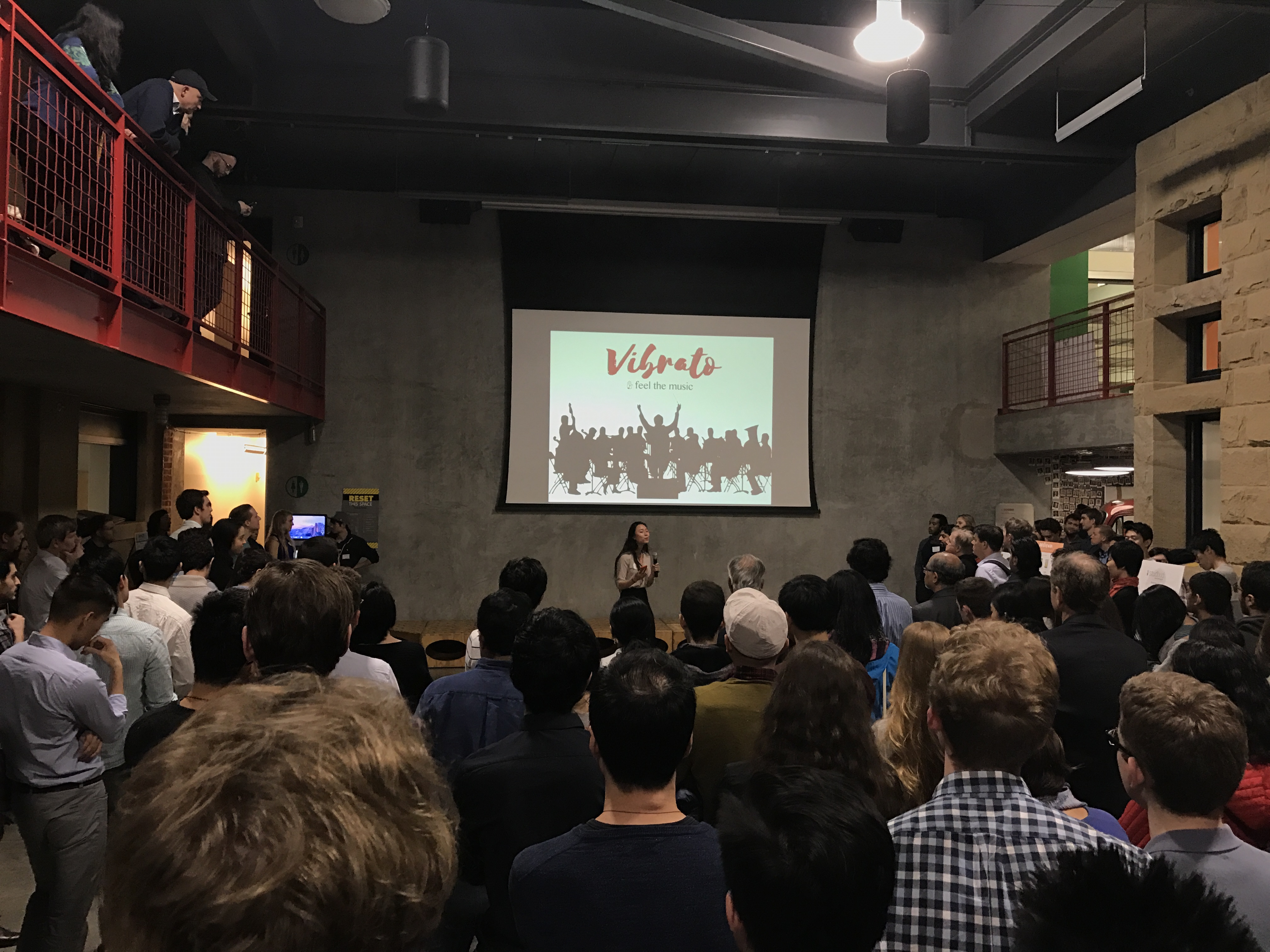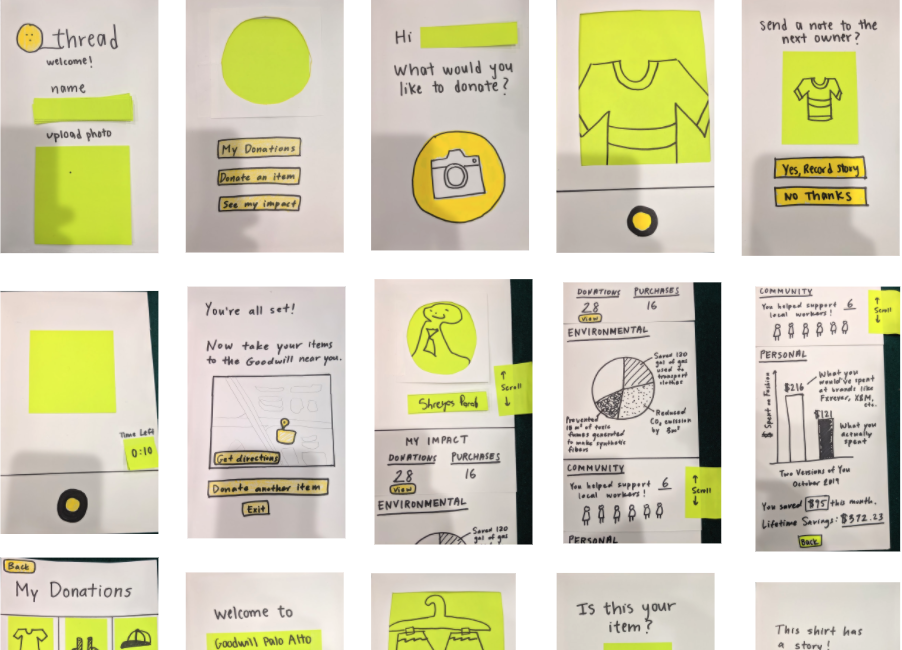CS 147: Introduction to Human-Computer Interaction
Autumn 2022
Introduces fundamental methods and principles for designing, implementing, and evaluating user interfaces. Topics: user-centered design, rapid prototyping, experimentation, direct manipulation, cognitive principles, visual design, social software, software tools. Learn by doing: work with a team on a quarter-long design project, supported by lectures, readings, and studios. Prerequisite: 106B or X or equivalent programming experience. Recommended that CS Majors have also taken one of 142, 193P, or 193A, or are currently taking 47.

Student Quick Actions
Assignment 3: Website
Checkpoint due Nov 3-4
Assignment 7: Heuristic Evaluation (Individual)
Due at the start of your Thur/Fri studio (Nov 10-11)
Resources for Mobile Development
Course Components

Design
The dt+UX course focuses on bringing design thinking, processes, and tools to user experience design. From sketching to hands-on studio sessions, students in the dt+UX course learn the importance of making many design artifacts before narrowing down the space to focus on a final design.

Prototype
Prototyping is the key tool to move ideas out of a designer's head and put them into a tangible form to evalaute for inclusion in the next design iteration. Students in the dt+UX course produce protoypes that range from paper sketches to concept videos to wireframes to code running on the target platform.

Evaluate
Evaluation is how we choose whether a design or feature moves forward in our process or needs to be discarded or revised. Students in the dt+UX course learn and use evaluation techniques that run the gamut from critique to expert evaluation to usability testing in the lab or field to remote usability testing.